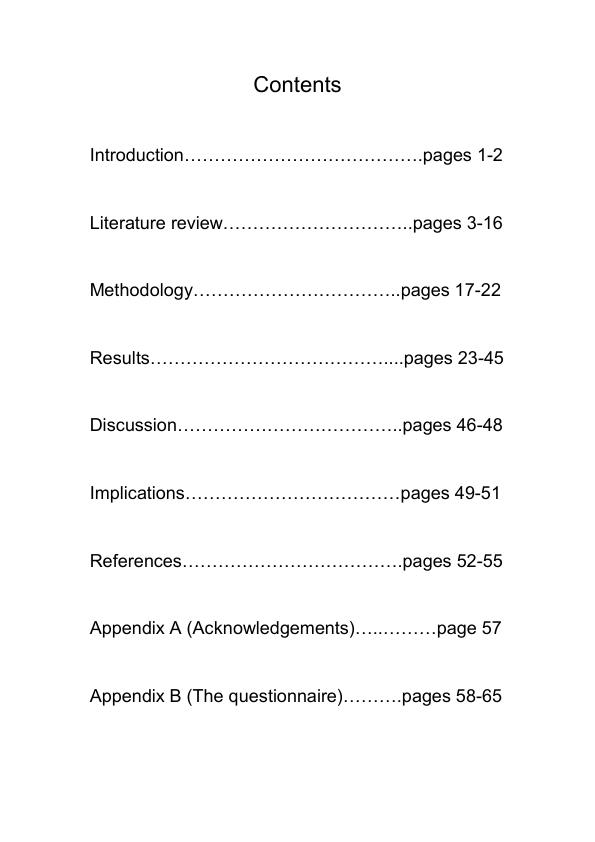In the last forty years, research in science education has focused on investigating students’ ingenuous and intuitive views across a wide range of scientific domains and ages. The majority of these studies have reported that children form ideas about several physical phenomena at a very early age, before receiving any formal education. These naive views and meanings are initially formed from events that children experience and observe every day in the natural world. As Driver and others pointed out, these ideas usually go against the scientific views and are in conflict with them. Those kinds of students’ perspectives are known as alternative conceptions, preconceptions, alternative frameworks and misconceptions.
Research in this domain has, also, offered explanations about the origin of these naive ideas. These explanations could be broadly categorized into two theoretical groups. The first one refers to the Piagetian notion of learning while the other derives from a Vygotskian perspective. Several books have been written regarding differences between Piaget’s points of view about learning and Vygotsky’s ideas. However, as Sjoberg (2007) pointed out, they both can be seen as constructivists. In agreement with this statement, Pass (2004) noted that the two perspectives offer different paths on the way to constructivism. Vygotsky has placed greater emphasis in the social and cultural factors, whereas Piaget believed that knowledge is constructed from experiences as the individual gradually grows and develops. Thus, for the latter constructivist view of learning is the result of natural and spontaneous knowledge (personal constructivism, Piaget, 1960), while the former perceives it as a social interaction.
The majority of studies have been based on these two theories of learning. In the present study, these two viewpoints are adopted. According to these approaches, individuals construct their own ideas and understandings from inputs which have as a result the form of a wide range of conceptions. As Vosniadou and Brewer (1987) argued, knowledge is acquired and restructured when naive ideas encounter dissimilar and, in some cases, competing views. Students usually confront such conflict situations in their everyday life when observing nature and discussing with their peers or when asked to deal with different ideas in classroom settings.
Inhaltsverzeichnis (Table of Contents)
- Introduction
- Literature review
- Methodology
- Results
- Discussion
- Implications
- References
- Appendix A (Acknowledgements)
- Appendix B (The questionnaire)
Zielsetzung und Themenschwerpunkte (Objectives and Key Themes)
This study aims to examine the ideas children hold about day/night and season cycles, specifically focusing on the last two stages of primary education. It seeks to understand the extent to which these phenomena are comprehended by fifth and sixth graders and to analyze differences in their conceptualization of these cycles.
- Children's intuitive understandings of day/night and season cycles.
- The influence of cultural background, formal education, and personal experiences on these understandings.
- The development of children's scientific thinking about astronomical phenomena.
- The role of constructivist theories in explaining the formation of children's ideas.
- Comparison of fifth and sixth grade students' conceptions of day/night and season cycles.
Zusammenfassung der Kapitel (Chapter Summaries)
- Introduction: This chapter provides an overview of the study's context, highlighting the importance of investigating children's intuitive understandings of scientific phenomena. It introduces the concept of alternative conceptions and discusses the theoretical frameworks of Piaget and Vygotsky, which emphasize the role of personal experiences and social interactions in knowledge construction. The study's specific focus on day/night and season cycles is also established.
- Literature review: This chapter explores previous research on young children's understanding of astronomical concepts, particularly day/night and season cycles. It reviews key studies by Piaget, Klein, Sadler, and others, analyzing their methodologies and findings. The chapter highlights the importance of examining children's transition from everyday beliefs to scientific perspectives.
Schlüsselwörter (Keywords)
This study focuses on key topics such as children's understanding of day/night and season cycles, alternative conceptions, constructivist theories of learning, Piaget and Vygotsky, and the development of scientific thinking.
- Quote paper
- Nikolaos Fotou (Author), 2012, The day/night cycle and the alteration of seasons. Greek primary school children's conceptions, Munich, GRIN Verlag, https://www.grin.com/document/316700



